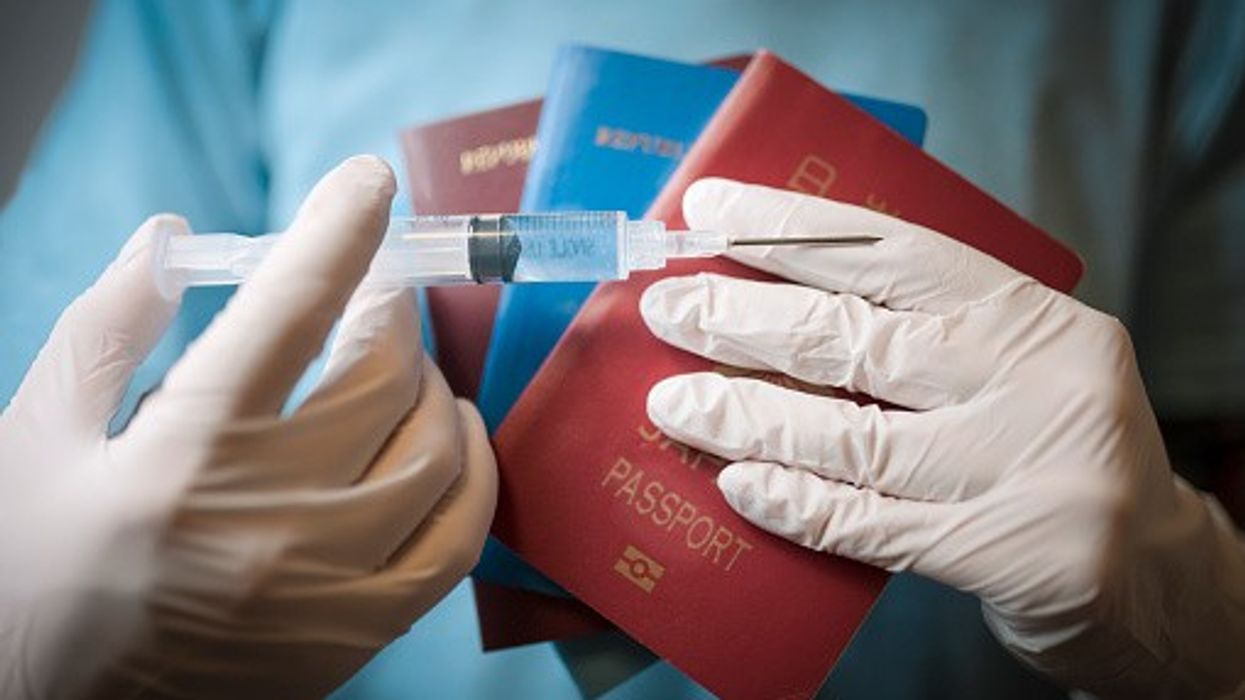Oliver Staunton provides an introduction and an update on one of the lesser-known parts of the Drug Tariff…
If you mention ‘safeguarding’ to a community pharmacy owner, they will inevitably think of protecting vulnerable people (such as the very young or elderly), CPPE assessments and the Pharmacy Quality Scheme.
It is therefore unsurprising that in a recent survey, less than five per cent of pharmacy owners mentioned being aware of the Temporary Safeguarding Payments scheme, which is not about protecting the rights, health and wellbeing of individuals but instead relates to payments available for pharmacies in England whose dispensing business is adversely affected by an increase in prescription duration by local prescribers.
Full details of the scheme are laid out in part XIVC of the Drug Tariff, Devolving the Global Sum - Temporary Safeguarding Payments: “If prescribers systematically increase prescription duration on all or a significant percentage of their prescription items, this could lead to dispensing contractors facing increased supplier bills in certain months (as
more medicines are dispensed per prescription than usual) and then decreased prescription item volume in subsequent months.”
For example, if a local GP surgery decides to change the prescription duration of several patients from 28 day supplies to 56 day supplies, then this will lead to increased costs for the pharmacy in the short term since twice as much medication will be dispensed (and thus bought from suppliers) for the first prescription.
In the next month, the pharmacy may then see a decrease in their monthly prescription item dispensing fees since this patient will not need another prescription every month, but rather once every two months.
Affected pharmacy contractors may be entitled to make one or both of the two different types of claim available:
- Claim 1 is a loan or additional advance payment to cover the increased supplier bill that can occur when an increase in prescription duration is put into effect.
- Claim 2 is remuneration (i.e. not a loan and does not need to be repaid) to cover the lost fees and allowances for any affected month where the pharmacy has received fewer dispensing fees than would have been expected if the prescription duration hadn’t been increased.
Data on Temporary Safeguarding Payments compiled by PharmData shows that over the past 12 months, 351 pharmacies in England have successfully submitted remuneration claims to NHSBSA under the scheme, with total remuneration of over £2,300,000.
Since the start of 2018, more than 600 pharmacies have made successful claims for remuneration. Part XIVC of the Drug Tariff also mentions that for any successful claims, an “amendment allowance” of £30 is paid (up to once per quarter) in respect of the administrative time that it takes to make a claim.
So, how does a pharmacy make a claim? The process has changed a few times over the past year but remains fundamentally the same: contractors can find the necessary forms for submission on the NHSBSA website (try searching online for “NHSBSA Drug Tariff Part
XIV”).
Forms should be completed and signed by the pharmacy contractor, and sent to NHSBSA via the email address provided, in the same month for which the claim is being made.
NHSBSA advises that contractors should only make a type 2 claim for remuneration where “to the best of the contractor’s knowledge there is no reason apart from increased prescription duration, directly or indirectly instigated by a CCG, that would have contributed to a decrease in fees earned”.
Pharmacy owners may be able to check their PMR data to identify cases where prescription duration has been systematically increased.
There are also online tools that may help; PharmData have developed an online Temporary Safeguarding Payments service which can identify where your pharmacy has seen a drop in
prescription items from surgeries from which you normally receive prescriptions.
Will the Temporary Safeguarding Payments scheme remain available forever? In Wales, the recent response by the Welsh Government to the Review of Dispensing Volumes in Community Pharmacies suggested that there would be benefits to pharmacies, GPs and patients if prescription durations were increased beyond 28 days.
If national policy in England changes to move towards increasing prescription duration so that pharmacies and pharmacists have more time to focus on providing clinical services, this the future of the Temporary Safeguarding Payments scheme is certainly in question.
The uptake of the scheme so far seems to have been limited to a select few pharmacy owners (and groups) who are aware of its existence.
I would encourage all pharmacy owners to read about the scheme in the Drug Tariff, even if they don’t think it will be relevant to their pharmacy – if you search for a pharmacy on the PharmData website, you can see whether they (or any surrounding pharmacies) have ever made a TSP type 2 claim and if so, the value of the remuneration.
(Oliver Staunton is a pharmacist and one of the developers of PharmData.)








 By positioning as self-care champions, pharmacies can increase footfall, enhance customer trust, and boost revenues.Getty Images
By positioning as self-care champions, pharmacies can increase footfall, enhance customer trust, and boost revenues.Getty Images 






